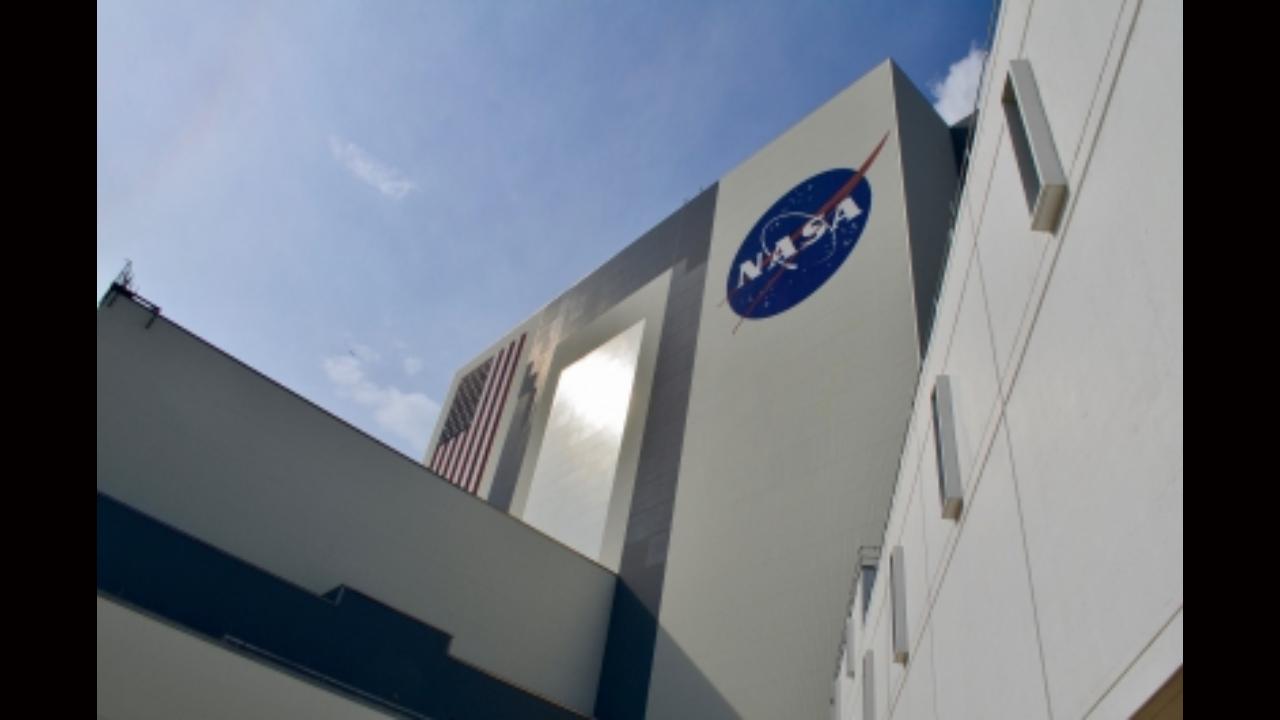In coordination with the Canadian Space Agency, NASA has launched the 'Deep Space Food Challenge' that calls on teams to design, build, and demonstrate prototypes of food production technologies that provide tangible nutritional products -- or food

Image for representation: IANS
NASA will pay up to $1 million to people who can come up with innovative and sustainable food production ideas to feed astronauts in space, as the US space agency prepares to send astronauts further into the cosmos than ever before.
ADVERTISEMENT
Giving future explorers the technology to produce nutritious, tasty, and satisfying meals on long-duration space missions will give them the energy required to uncover the great unknown.
In coordination with the Canadian Space Agency, NASA has launched the 'Deep Space Food Challenge' that calls on teams to design, build, and demonstrate prototypes of food production technologies that provide tangible nutritional products -- or food.
"Feeding astronauts over long periods within the constraints of space travel will require innovative solutions," said Jim Reuter, associate administrator for NASA's Space Technology Mission Directorate in Washington, DC.
"Pushing the boundaries of food technology will keep future explorers healthy and could even help feed people here at home," he said in a statement.
Over time, food loses its nutritional value. That means for a multi-year mission to Mars, bringing along pre-packaged food will not meet all the needs for maintaining astronaut health.
In October 2021, Phase 1 of the challenge culminated as NASA awarded 18 teams a total of $450,000 for their concepts for innovative food production technology that produces safe, acceptable, palatable, nutritious food products.
NASA now invites both new and existing teams to enter Phase 2 for a prize purse up to $1 million.
"Everything needed to store, prepare and deliver food to the crew, including production, processing, transport, consumption, and disposal of waste should be considered," said NASA.
Proposed technologies such as plant growth systems, manufactured food products, and ready-to-eat solutions combined could provide the future crews with a variety of options that would provide the needed daily nutrition, it added.
This story has been sourced from a third party syndicated feed, agencies. Mid-day accepts no responsibility or liability for its dependability, trustworthiness, reliability and data of the text. Mid-day management/mid-day.com reserves the sole right to alter, delete or remove (without notice) the content in its absolute discretion for any reason whatsoever.
 Subscribe today by clicking the link and stay updated with the latest news!" Click here!
Subscribe today by clicking the link and stay updated with the latest news!" Click here!







